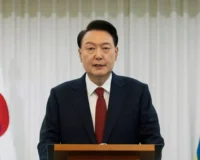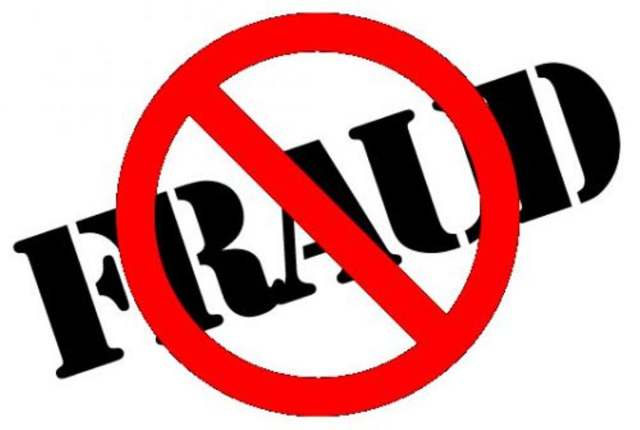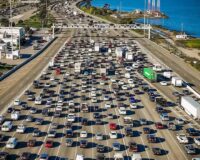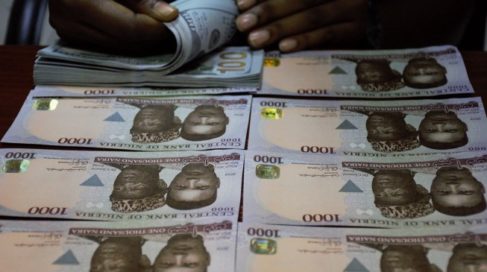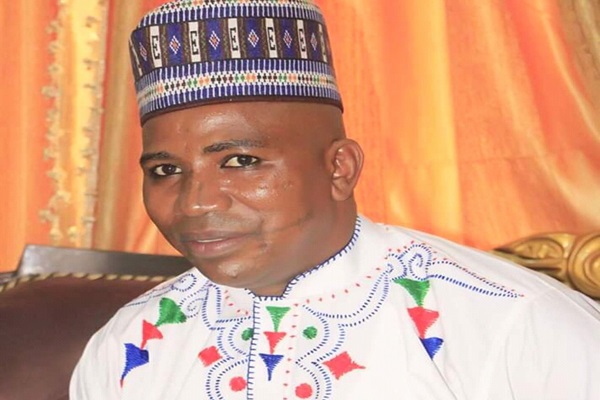The Chairman, Revenue Mobilisation Allocation and Fiscal Commission (RMAFC), Mohammed Bello Shehu, has said that out of 200 million Nigerians, only 40 million pay tax.
Speaking with Daily Sun, in Abuja, Shehu said that what the tax reform act and the revenue committee are set to do is to make sure that the informal sector and the informal economy contribute to the tax net.
“We are a member of that committee and we have articulated our position and meetings are going to be conveyed. We will communicate what we believe that can add value to that discussion so that at the end of it we will have a better society where more people are paying taxes and the money is being utilised for better services and to build infrastructure so that everybody can benefit” he said.
The chairman also stated that many Nigerians and businesses have not been brought under the tax net.
He wondered why somebody who has an income of about N600,000 a year can import a car of N40 million.
“You should also understand that there are some taxes that the government is not taxing Nigerians. Somebody declared an income of N600,000 a year and that same person will import a vehicle of 40 million into Nigeria. I believe the tax agency will look at all those things and collaborate with Nigerian customs. I have always been an advocate that if you import a brand new car, not only your name, and your date of birth, but your National Identify Number (NIN) should be identified, they should place a search and see the last time you imported a car and how much tax you paid to the government. By so doing they will get a lot of people like that.
“Hundreds of millions of people don’t have their tax returns yearly. So, I believe this government can do it and they are in the right direction in that aspect” the chairman, noted
While supporting the removal of the subsidy, the chairman said that not only that a few individuals benefiting from the subsidy, but Nigeria was subsidising the entire West African sub-region.
“We are in support of the removal of subsidy not because we want to punish Nigerians but because the nation can no longer afford that kind of money to be given in and out. It’s going to run us into bankruptcy. It’s not only in Nigeria that we have been subsidising but the entire West African sub-region. And if you look at the consumption rate it has been brought down by about 10 per cent. Over the years, about 30 per cent to 40 per cent of whatever is produced by Nigerian National Petroleum Corporation (NNPC) is taken outside – to Cameroon, Niger, and Benin. So, people were making money. So, the subsidy that is removed will free some money for various projects in Nigeria. One of the greatest needs of Nigeria is infrastructure deficit – good roads, good rail lines, better schools, better hospitals. After the removal of the subsidy, there would be more money for sharing not only with local governments but even with the federal government. The money will be used to do more projects. So, in terms of revenue generation, obviously, there will be more revenue to be shared among the three tiers of government,” he further explained.


